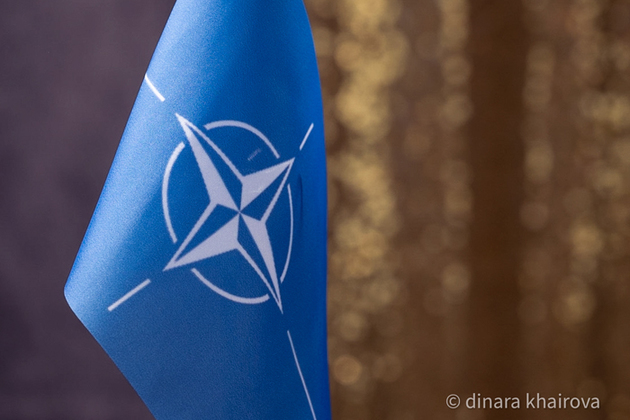NATO’s summit in Madrid has approved a new strategic concept of the alliance where Russia is described as the most significant threat to the organization’s security, according to a document published on Wednesday.
"The Russian Federation is the most significant and direct threat to Allies’ security and to peace and stability in the Euro-Atlantic area," the document said.
NATO thinks that Russia "seeks to establish spheres of influence and direct control through coercion." "It uses conventional, cyber and hybrid means against us and our partners," the document said.
The concept asserts that "the Russian Federation is modernising its nuclear forces and expanding its novel and disruptive dual-capable delivery systems, while employing coercive nuclear signalling." "It aims to destabilise countries to our East and South. In the High North, its capability to disrupt Allied reinforcements and freedom of navigation across the North Atlantic is a strategic challenge to the Alliance. Moscow’s military build-up, including in the Baltic, Black and Mediterranean Sea regions, along with its military integration with Belarus, challenge our security and interests," according to the document.
NATO does not seek confrontation with Russia and does not represent a threat to Moscow, the concept asserted. "NATO does not seek confrontation and poses no threat to the Russian Federation. We will continue to respond to Russian threats and hostile actions in a united and responsible way," it said.
That said, NATO emphasizes that it cannot consider Russia as its partner but is ready to keep the communication channels open. "We cannot consider the Russian Federation to be our partner. However, we remain willing to keep open channels of communication with Moscow to manage and mitigate risks, prevent escalation and increase transparency," the document noted.
NATO aspires for "stability and predictability in the Euro-Atlantic area and between NATO and the Russian Federation," according to the concept.
NATO stresses that "the Euro-Atlantic area is not at peace," so it does not exclude attacks on its allies. "We cannot discount the possibility of an attack against Allies’ sovereignty and territorial integrity. Strategic competition, pervasive instability and recurrent shocks define our broader security environment. The threats we face are global and interconnected," it noted.






